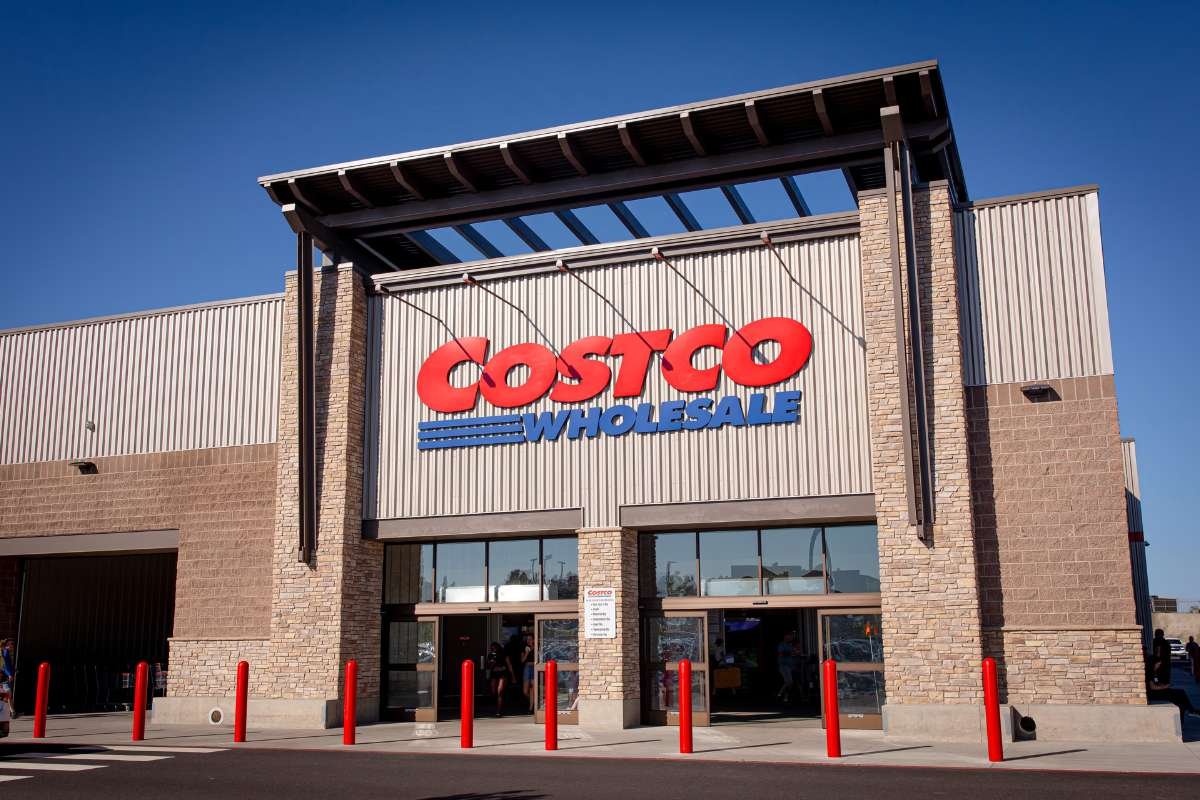Key Points:
- U.S. eyes Lithium Americas for mineral security.
- Boosts domestic lithium supply for EVs and energy.
- Supports resilient clean tech supply chains
The Trump administration is weighing the possibility of acquiring up to a 10 per cent equity stake in Lithium Americas, a major player in the global lithium market. The talks are linked to the restructuring of a $2.26 billion Department of Energy loan originally approved to support the company’s Thacker Pass project in Nevada, which is considered one of the world’s largest lithium deposits.
Lithium Americas has signalled early willingness to allow the government to secure a minority position as part of revised loan terms. The arrangement could grant Washington greater influence over supply guarantees at a time when lithium is increasingly seen as a cornerstone of electric vehicle (EV) production and national security interests. General Motors, which already holds a 38 per cent stake in Thacker Pass, will remain a key partner in the project’s development.
The administration’s move reflects a broader effort to reduce U.S. dependence on overseas supply chains, particularly in critical minerals dominated by foreign powers, and to ensure reliable domestic sources for EV batteries and energy storage systems.
Market Surge Following News
The announcement sent shockwaves through financial markets, with Lithium Americas’ shares nearly doubling in value within hours of trading. The surge was mirrored in Canadian markets, underscoring investor optimism around the potential government backing.
The rally spilt over into other companies in the sector, boosting the stock prices of several lithium and battery-metal producers. Analysts suggest that a U.S. equity stake could significantly de-risk the Thacker Pass project, bolstering investor confidence and potentially stabilising long-term cash flows.
However, questions remain over how such a stake would affect existing shareholders. Some industry observers point to potential dilution of equity and the political implications of direct government involvement in a private mining venture. The move also invites comparisons to past interventions in strategic industries, where government participation sought to safeguard critical supply chains.
Strategic and Economic Implications
If finalised, the deal would mark one of the most significant steps yet by the U.S. government to directly align itself with the critical minerals industry. Lithium, essential for EV batteries and renewable energy storage, has become a central focus of U.S. industrial and energy policy. A government stake in Lithium Americas would signal not only financial backing but also a commitment to securing long-term access to the resource.
Yet the path forward is not without challenges. Lithium prices have weakened in recent months, raising questions about project profitability. Thacker Pass itself faces ongoing environmental and legal scrutiny, while market uncertainty around future EV demand adds another layer of complexity. The negotiations must also balance General Motors’ existing rights within the project, ensuring alignment between private and public stakeholders.
For Lithium Americas, closer ties with Washington could offer financial security and strengthen its global positioning. At the same time, it places the company at the intersection of markets, politics, and geopolitics. The outcome of these talks could set a precedent for how the U.S. government engages with the private sector in securing critical resources for the energy transition.
Sources:


















